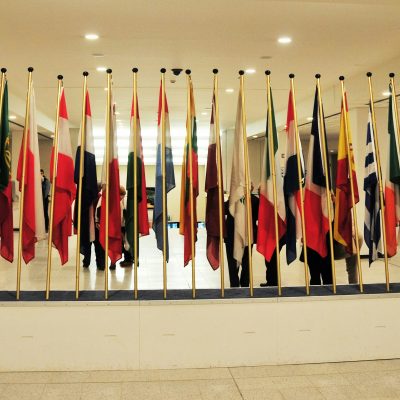Strengthening European Defence: who sits at the PESCO table, what’s on the menu?

The military capacity of European states is plagued by 20 years of under-investment, fragmentation and national short-sightedness. While previous attempts at launching Permanent Structured Cooperation (PESCO) failed due to the difficulty of defining who could join the club, a deal is now within reach: Europeans might be serious about taking their security in their own hands.
In this tribune, Elvire Fabry, senior research fellow at the Jacques Delors Institute, Nicole Koenig, senior research fellow at the Jacques Delors Institute-Berlin and Thomas Pellerin-Carlin, research fellow at the Jacques Delors Institute welcome? the 1920 October 2017 European Council commitment to a PESCO as a further step forward in a defence cooperation allowing Member states to safeguard a relevant military.
Yet what is at stake in the agreement is to ensure that inclusiveness does not undermine the level of ambition of PESCO.
While two key questions remain, who will sit at the table? and what will be on the menu?, the authors propose guidelines, with criteria and commitments, for a governance of PESCO allowing for gradual implementation.
They also remind us that while discussing modalities and structures is important, the political aim of PESCO should always be kept in mind. PESCO can strengthen the EU’s capacity to act as a security provider and thus provide substance to the narrative of a “Europe that protects”. However, it will not automatically foster a joint definition of these values and interests or the will to act on them collectively. Continuous work towards a collective strategic vision will thus be the central ingredient on the PESCO menu.






